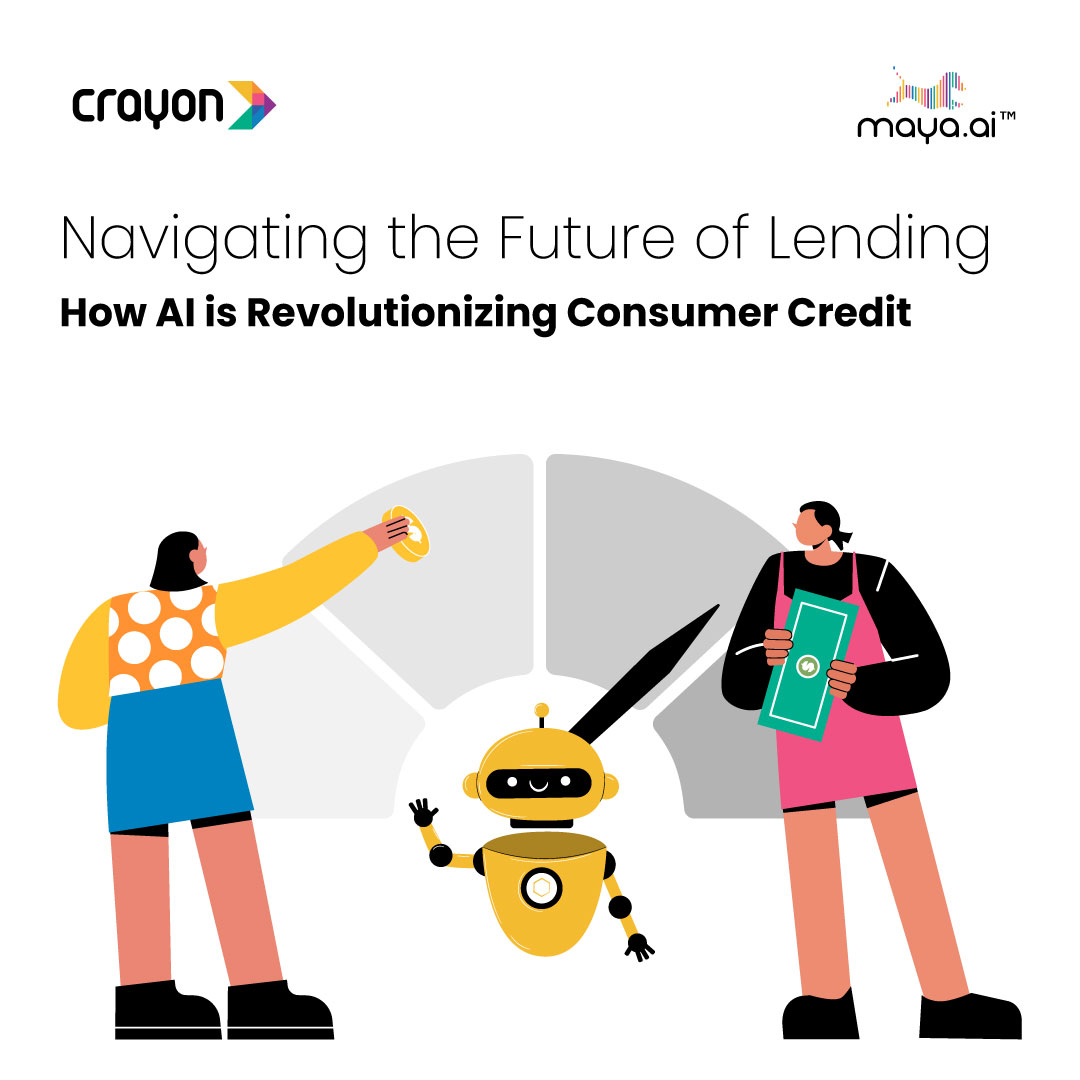The legal profession is inherently conservative when it comes to adopting new technologies and practices, but firms and lawyers that want to stand out in an evolving field might want to jump on the big data bandwagon sooner rather than later.
Law firms took a beating during the peak of the recession a few years ago — large firms, especially, laid off staff and scaled back significantly on hiring — and many argue the profession will never be the same. Clients worried about their own finances aren’t as keen on forking over huge hourly fees as teams of associates and partners work their cases. The business model of law is evolving pretty rapidly, from flat-rate fee structures and on-demand legal advice to the democratization of certain services via companies like LegalZoom.
One could argue the best law firms going forward will be lean and mean, eschewing unnecessary costs and cutting out institutional inefficiencies. They’ll do more — and better — work in less time with smaller staffs. But first they might need to reconsider legacy methods of building cases and forming legal strategies, and start thinking about all the data around them. If it’s digital, it can be analyzed, which might mean finding the right information a lot faster and for a lot less money than previously possible.
Here are three ways law firms and lawyers can get started rethinking their processes with big data now.
1. Automate, automate, automate
Thus far, the biggest area where big data is impacting the legal profession might be in intelligent software for helping companies get a handle on electronic discovery. Companies often store years worth of emails, PDFs and every other type of document under the sun, which might be great for regulatory purposes but is a nightmare for the lawyers that have to sort through them when they’re turned over as part of the discovery process. But times are changing, and computers can handle a lot of document-review grunt work that used to be handed off to associates or farmed out to contract attorneys.




